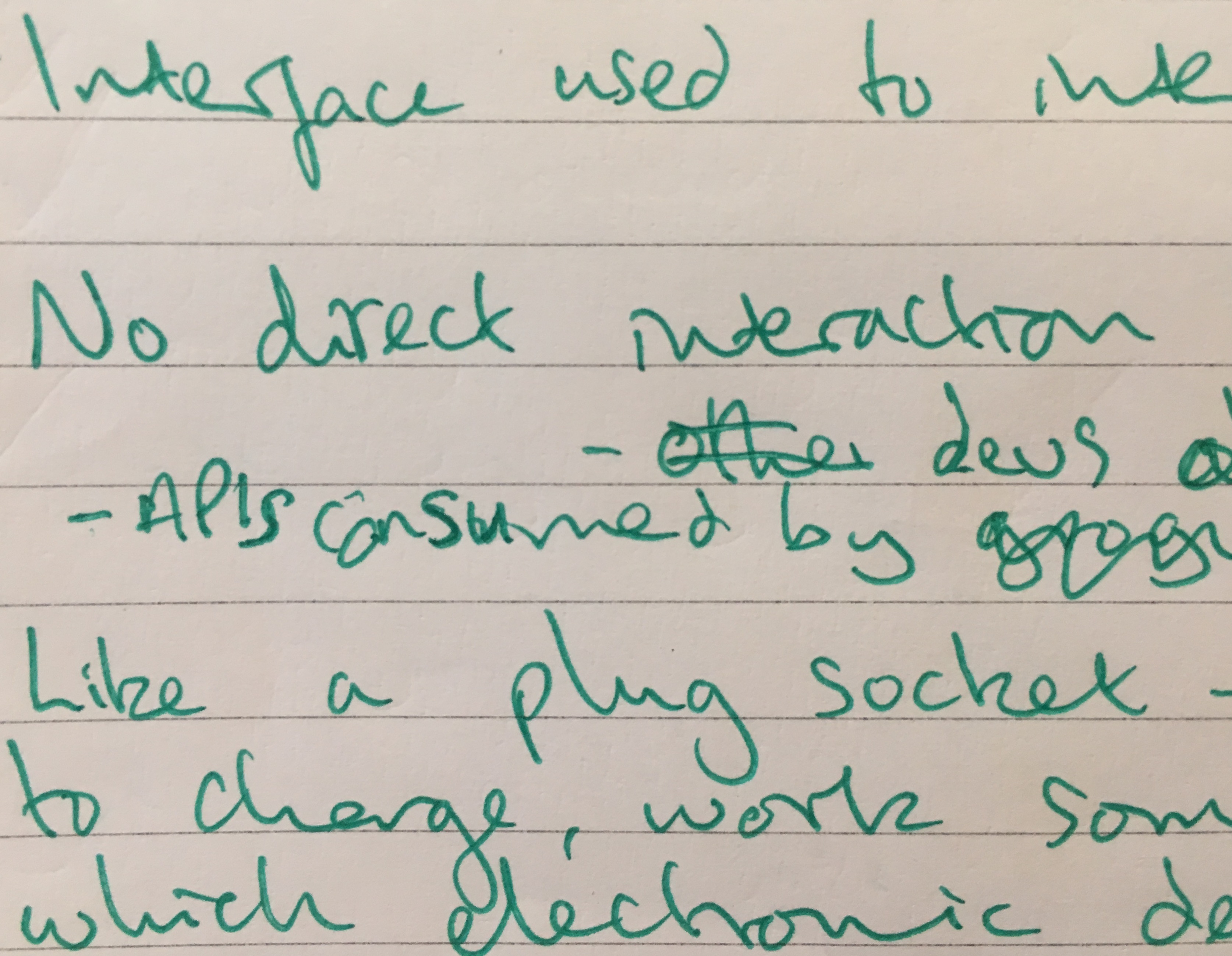Le Wagon API for beginners, Coding Workshop
As someone who is self teaching themselves to programme, I try to go to as many tech meetups as possible.
Some events are tech talks, some are workshops learning with mentors and others are more networking or promotional but I always come away from each one having learned or gained something new. A particularly good example, was meeting a new friend at s Codebar event who told me about Le Wagon’s free workshop series.
Who are Le Wagon?
Le Wagon run a coding bootcamp teaching Ruby, SQL, Rails application framework and frontend development. I have not personally done the bootcamp but I was interested in their free sessions. Unfortunately, I found out about them a little too late for the first three but the last one, API for beginners was well worth going to.
What did I learn in summary?
The session lasted for an hour and was a suprisingly complete whirlwind tour of APIs. Right from the very basics - what they are - to what they look like, who uses them, how they are used.
API stands for Application programming interface. It is the interface used to interact with applications. By applications I am talking about mobile applications and web applications, i.e. anything you might use on the web or your mobile device.
APIs are consumed by programmers, not users i.e. there is no direct interaction between users and APIs. Only developers interact with them through code.
The analogy they used to describe APIs was that they are like plug sockets: they expose electricity (the API) for a device to work in some way, but it doesn’t matter what the electronic device (the application in whatever language it is written in). For example, the Google maps API (electricity) can be used on the airbnb site, your own website, the Trailfinders website etc. (the devices), using whatever programming language they are written in.
APIs use HTTP just as web applications do and often respond with JSON. For instance when you use the Google Maps API the supported response formats are JSON, KML and XML. Other APIs may have different formats but JSON is almost always supported.
Examples of APIs in use
The airbnb site is a good example of various APIs. They use the Google Map API on their application to see the locations of the various places you can stay and also the Twilio API to send text messages from your host once you have booked. From the talk it was unclear exactly how Google and others benefit from this but they certainly will. For instance the Google brand is all over large numbers of sites using their APIs all across the world and they may also have access to related data.
Further information about APIs: Programmable Web contains a huge amount of information about APIs if you are interested in reading more about them. They site also maintains a large directory of web APIs to browse for examples.
